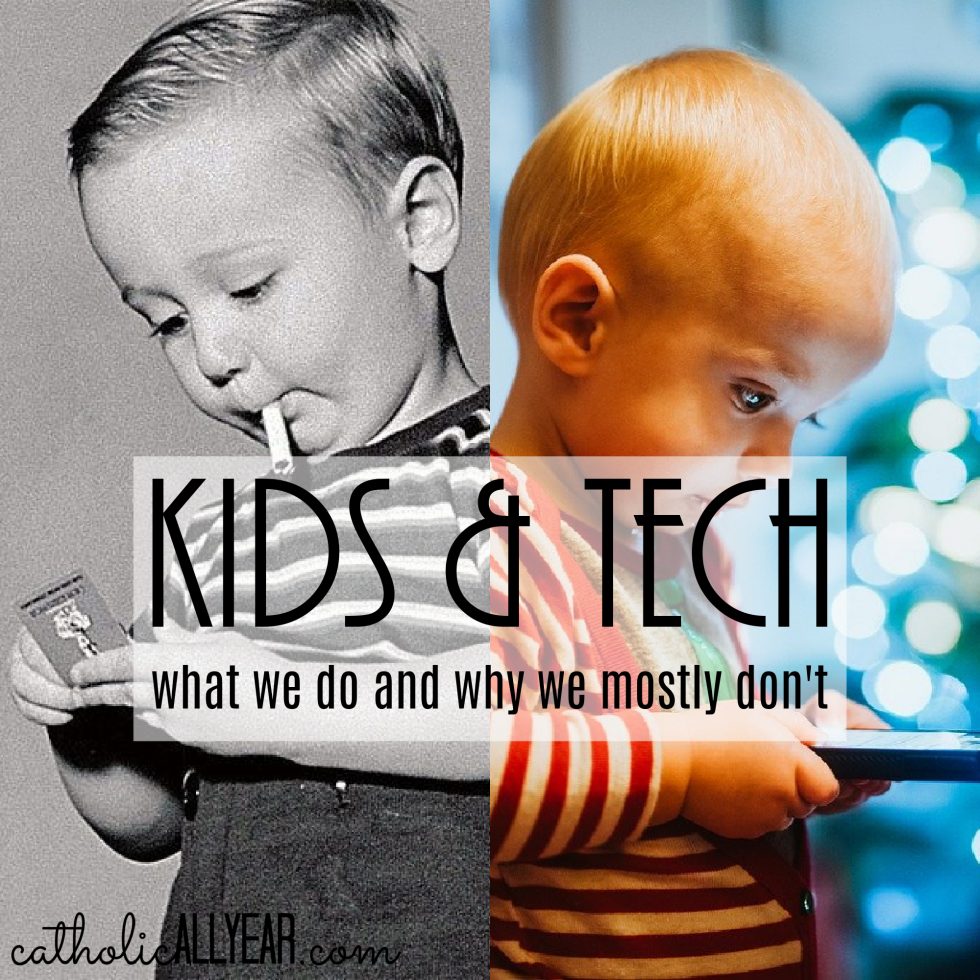
In the UK, data regarding our children is held by a number of organisations and mishandling of this data can result in leaks. In this article, we’ll discuss what data leaks are and, how these can impact on children and young people.
In the UK, data regarding our children is held by a number of organisations including schools, medical practices and extracurricular activities such as clubs.
Cases of leaked personal data about children have been occurring in the United Kingdom. In this article, we’ll examine data leakage and the impact that it can have on children and young people.
What is a Data Leak?

This term refers to the unauthorised transmission or sharing of data from an organisation to an external recipient. This happens in a number of ways, including via a mobile phone, through a USB device and through a hard drive.
While data leaks can happen accidentally – for example, a school employee sending an email containing data to the wrong person, it is often done deliberately with malicious intent by hackers or other cybercriminals.
Data leaks mean that somebody is able to access data which was not intended for their consumption and should not be confused with a data loss whereby data is no longer accessible by anybody.
How Do Data Leaks Impact Children?
Grooming

Unfortunately, child sex offences in the UK continue to rise and, according to the National Crime Agency, there are around 850,000 child sex offenders currently in the UK.
A great many of these offenders spend a considerable amount of time scouring the internet looking for details of children and young people in their area. A data breach by a school or other facility can be extremely serious as it can, potentially, mean that a child’s data or information will fall into the hands of one of these sex offenders.
Discrimination

When personal data is leaked, it will often include confidential information about a child, for example, details of a learning disability or physical challenge. When this information falls into the wrong hands, it can lead to discrimination of the child in terms of opportunities available.
This can be extremely damaging to the child and, should you suspect that such a leak has occurred, you should consider taking legal action against the organisation involved.
Identity Theft

We often think of identity theft as something which only happens to adults, but this is very much not the case. When a school or hospital leaks information about a child, it will often include important details such as a National Insurance number, date of birth, gender and even information regarding family finances, all of which forms a fingerprint of a child’s life.
In the hands of a cybercriminal, leakage of this data means that the child may be the victim of identity theft both now and in the future.
This was the case for the Weslaco Independent School District in Texas which fell victim to hackers looking for a ransom payment. When the school district refused to pay the ransom, the hackers posted the files of 48,000 students, parents and guardians onto the internet.
Psychological Damage

If leaked information about a child or young person is maliciously shared online by a cybercriminal, it can have a devastating effect. When a child discovers that information about them is on the internet without their consent, it can lead to anxiety and depression for themselves and their parents.
Peer pressure is extremely important to young people – which is why children as young as seven now have their own mobile phones. Monitoring your child’s mobile phone use can also be extremely helpful in making sure that their data remains safe.
Can You Prevent Data Leaks?
Unfortunately, parents and children have little control over data leaks by a third party – and will, in fact, often be unaware that this has actually happened. This doesn’t mean that parents are powerless.
In the first instance, it’s a good idea to ask your child’s school or doctor for their risk assessment on data storage or sharing. Secondly, it’s a good idea to set up a Google alert for ‘data breach’ or ‘data leak’ in your child’s name as receiving such a notification will enable you to act quickly in order to limit the damage.
While you’re looking at security, it’s a good time to educate your child on staying safe online, including awareness of email scams such as phishing. You should also ensure that you check the privacy settings on your child’s device to make sure that he or she is not inadvertently leaving their data open to leaks.
Keep Personal Data Safe Where Possible…
These days, it’s almost impossible to get through life without sharing our data online and, in most cases, this is perfectly safe. Any organisation which collates, stores and shares data has a responsibility to do so while following the proper guidelines and, failing to do so can result in legal action.
Should you suspect that a data leak has occurred which impacts you or your children, it’s essential to act quickly in order to minimise the damage. Get in touch with the organisation involved to ascertain the details of the leak and, if necessary, get in touch with a solicitor who will help you to navigate this often-complex scenario.




